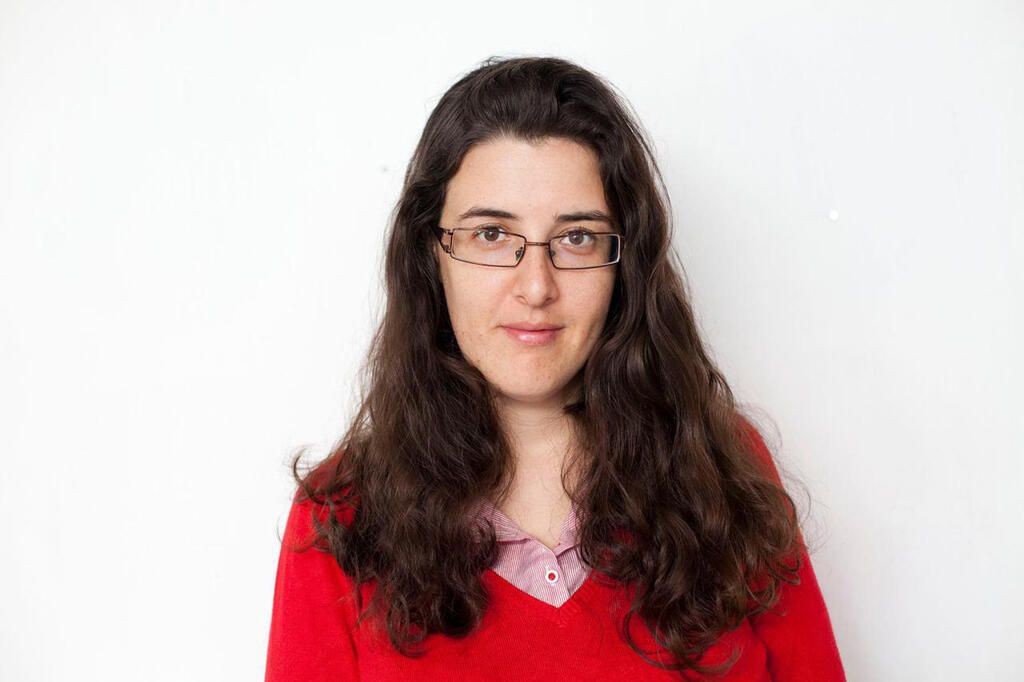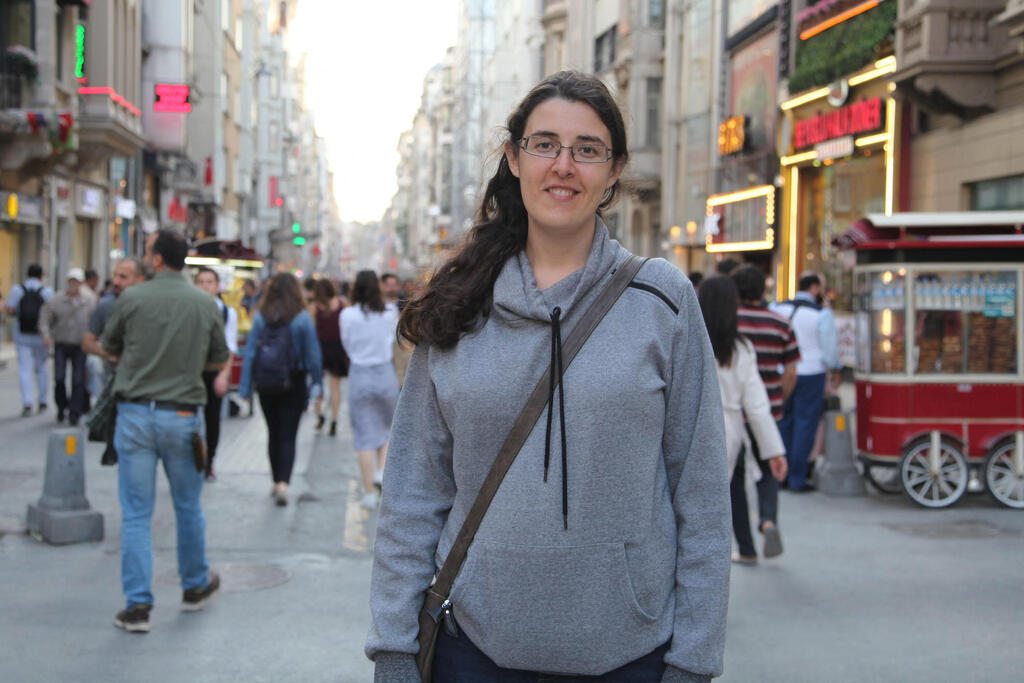Getting your Trinity Audio player ready...
Elizabeth Tsurkov, an experienced researcher, made ten trips to Iraq as part of her research efforts. During her tenth visit on March 19, she reached out to the research institute in Washington where she was a fellow and expressed her intention to return, feeling satisfied with her field work. However, just a week later, she was unexpectedly abducted from a café in Baghdad. She remains in captivity under the control of the Shia militia group known as the "Hezbollah Brigades."
Read more stories:
In New Lines Institute, where she had close connections and published articles, calls were being made for the United States to join efforts in securing Tsurkov's release. However, the American response, at least publicly, does not show a sense of urgency. The US State Department, when asked about the situation, said "We are aware of the kidnapping and condemn the kidnapping of private citizens, and we are referring the matter to the Iraqi authorities".
"Tsurkov was in Iraq to conduct field research for her doctoral thesis at Princeton University. We are uncertain whether Princeton was aware of her physical presence in Iraq, and we have no information regarding any security measures in place to safeguard her during her stay, The research institute told Ynet. "Since her abduction, we have had no contact with her, and we cannot provide any updates on progress towards her release."
"Our last contact with her was on March 19. She told us that she had had enough of fieldwork in the Middle East and that she wanted to return to Princeton to write her doctorate, 'No more fieldwork,' she said. We were relieved. We didn't want her to stay in Iraq where the pro-Iranian militias are dominant," the institute said in a statement published on its website
"A week later we learned from our sources that a pro-Iranian militia kidnapped her in Baghdad, where she was conducting her research. We haven't heard from her since. Our initial instinct was to shout on the Internet, in the media, and through these pages about her disappearance. We discussed it, but out of respect for her family's request and the possibility that it will be resolved with a quick release, we chose not to publish it until it appeared in English last month in an article, and yesterday in other sources.
"Liz's research focuses on political science, and her fieldwork in the Arab world is not inherently dangerous. However, as an Israeli citizen, there are parts of the Middle East where her identity alone puts her at significant risk. But Liz is committed to local research that requires fieldwork, and she doesn't seem to be afraid at all. She chose to stay in Iraq.
"After Liz's abduction, there were months of public silence, but relentless efforts to gather more information and work towards her return. We reached out to people quietly, both within and outside the United States. We contacted senior officials and media outlets, and even Princeton University. We will continue to do so. We hope that she will be released through negotiations, and although we are not certain of her whereabouts, it is likely that Iran is involved. And since Liz is also a Russian citizen, Russia may also be involved.
"Contrary to the belief that Liz was abducted due to her being seen as a 'Zionist enemy', she is actually not a Zionist at all. She strongly criticizes Israeli security policies and holds deep empathy for the people of the Middle East. While it remains uncertain if her captors perceive her as an enemy, one thing is evident - she has garnered numerous friendships within the region.
"Liz is meticulous and empathetic, but unlike some field researchers, she is never exploitative. What matters to her is understanding people's motivations, whether they are refugees in northern Syria, armed individuals in Iraq, or politicians in Lebanon. This combination allows her work to be exceptional. She despises those whom she perceives as inhumane, unjust, or corrupt - individuals like her captors. In contrast, she approaches each person with love and genuine companionship, devoid of cynicism."
"The complicating factor is that Liz is a sharp critic of three key players who may be involved in her abduction - Israel, Iran, and Russia. We all feel that the United States needs to intervene in some way to assist Liz. She is not an American citizen, and her disappearance did not elicit the response that the disappearance of an American citizen would have. However, Liz is very much a part of America. She works at a research institute in Washington, writes for an American magazine, and studies at Princeton. It is only fitting that the United States make efforts to bring them to a place of safety."
Tsurkov is currently enrolled in the PhD program at Princeton University's Department of Politics. Her academic focus lies in the field of comparative politics, and she has contributed articles based on her firsthand observations in Syria, as indicated on the website. A spokesperson from Princeton declined to comment on whether Tsurkov was conducting research on behalf of the university adding that this decision was made in adherence to the institution's policies and federal laws governing the privacy and safety of students.
"Elizabeth is a valued member of the Princeton University community," Michael Hotchkiss, University spokesperson, said in the statement. "We are deeply concerned for her safety and well-being, and we are eager for her to be able to rejoin her family and resume her studies."
Officials in Israel believe that Tsurkov's case is unlikely to be resolved soon. It's reasonable to assume Israel will not engage in direct negotiations or pay for her release as it has done in previous cases of Israeli abductions. In the meantime, Israel said it regards the Iraqi government as responsible for her well-being.





